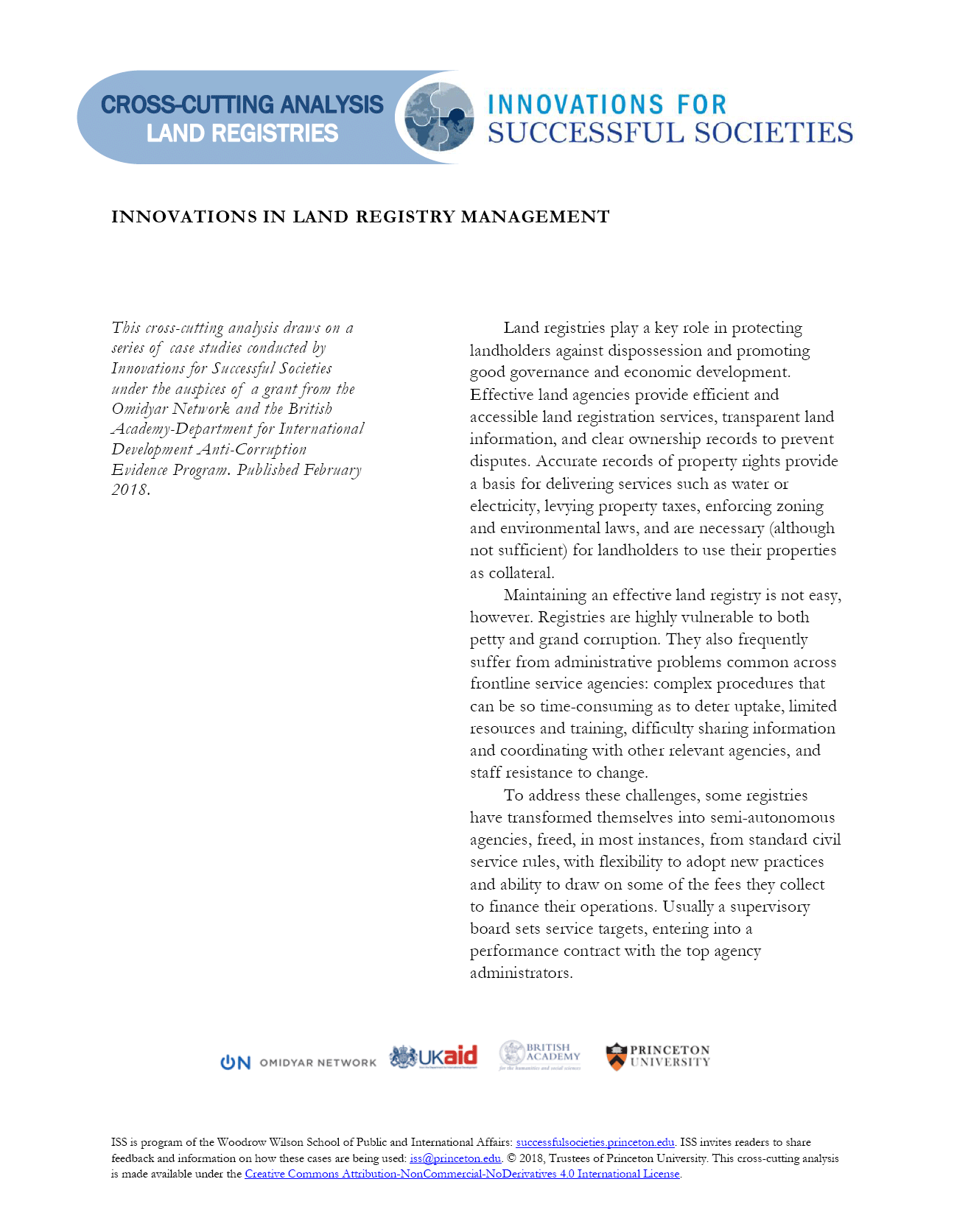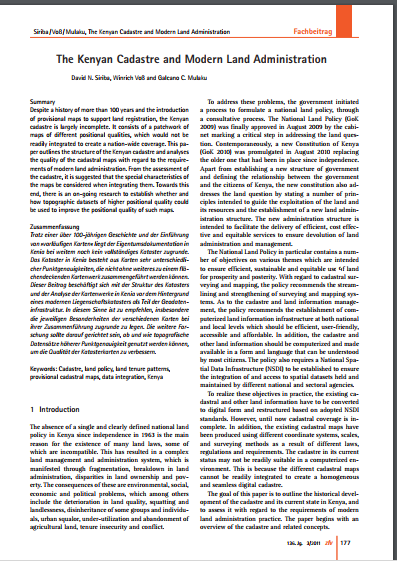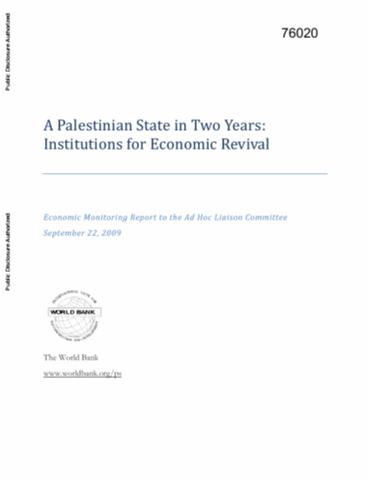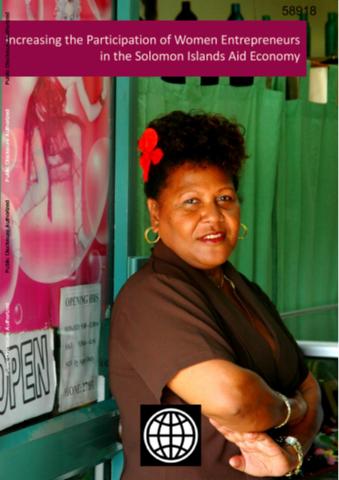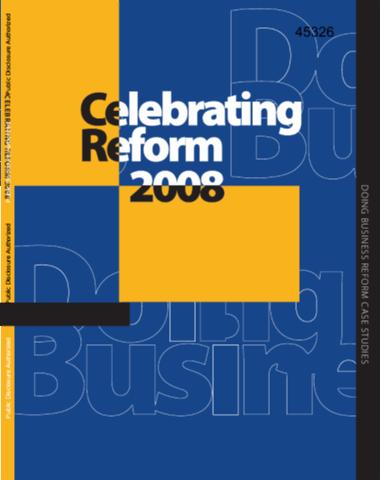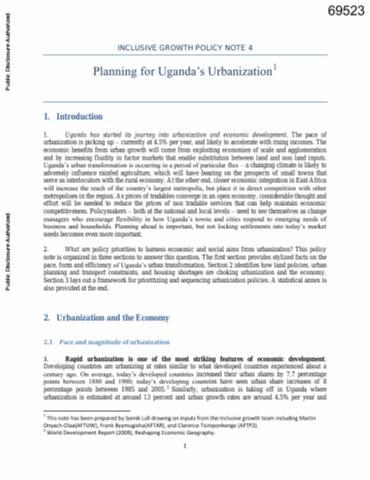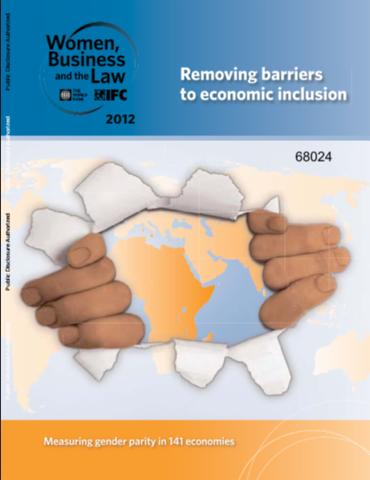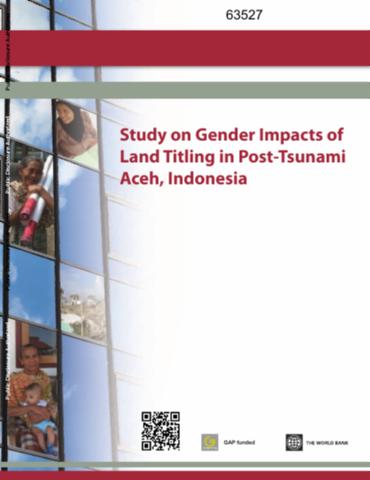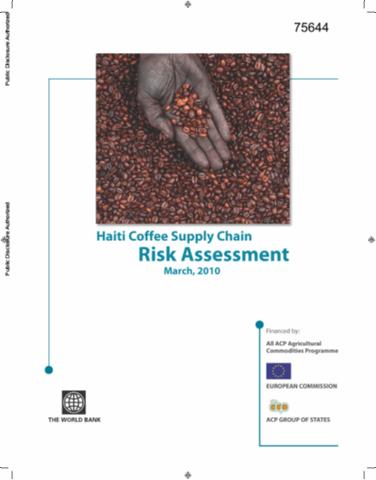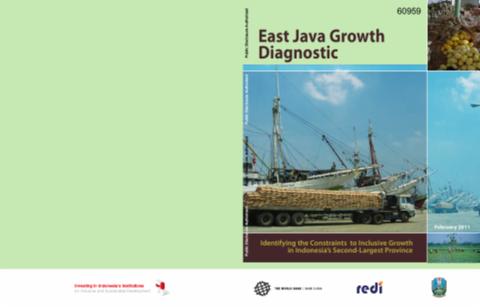Innovations in Land Registry Management (Cross-Cutting)
Land registries play a key role in protecting landholders against dispossession and promoting good governance and economic development. Effective land agencies provide efficient and accessible land registration services, transparent land information, and clear ownership records to prevent disputes. Accurate records of property rights provide a basis for delivering services such as water or electricity, levying property taxes, enforcing zoning and environmental laws, and are necessary (although not sufficient) for landholders to use their properties as collateral.

